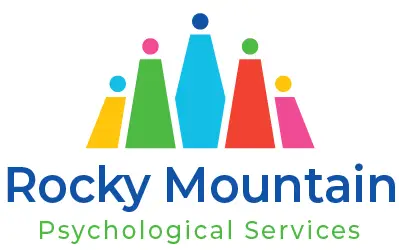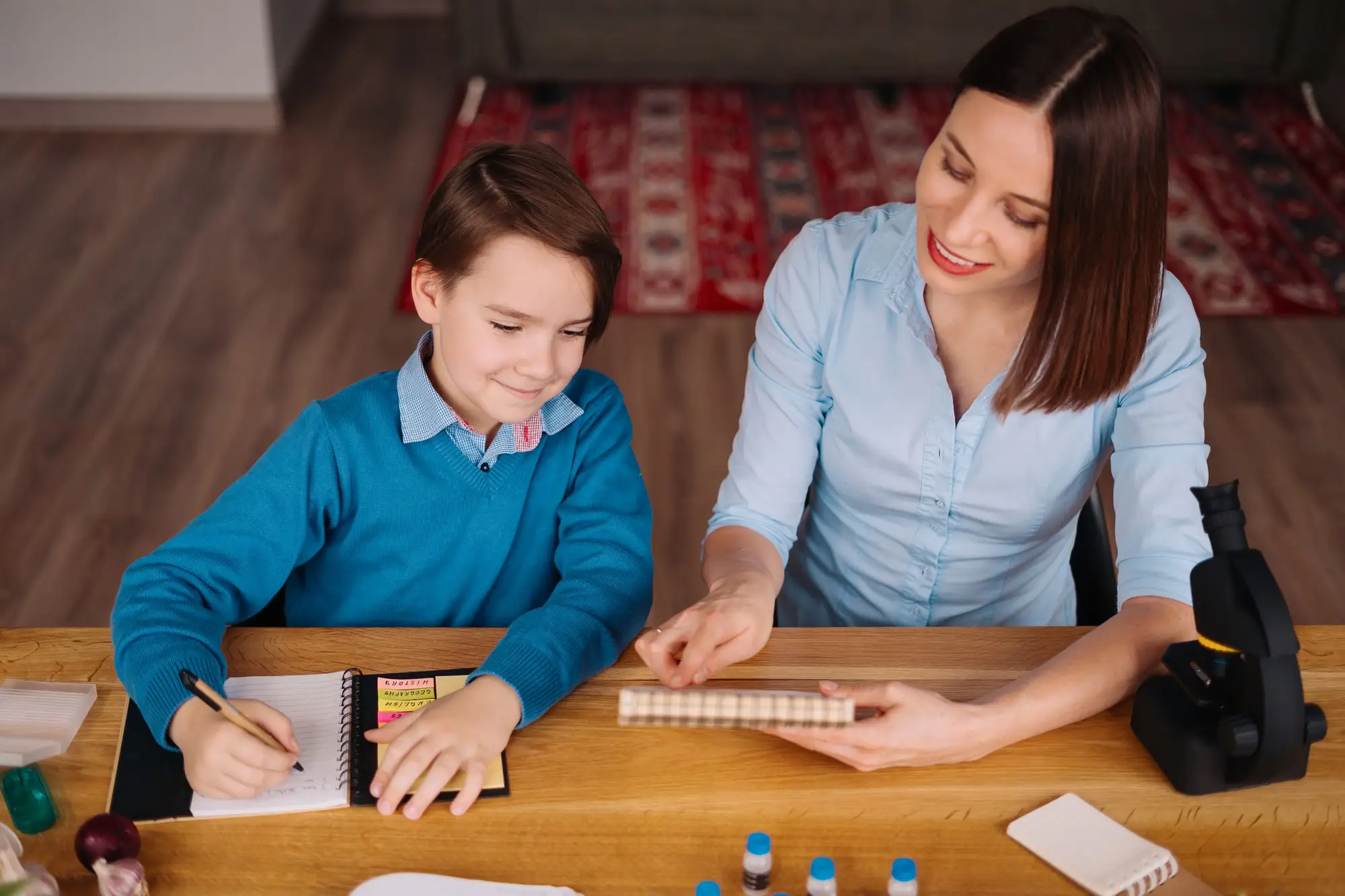Common Questions about Autism Assessments
How is an autism assessment personalized at RMPS?
We tailor the assessment based on the individual’s age, previous evaluations, and presenting concerns. For children, we conduct parent interviews, cognitive and pragmatic language testing, and social interaction evaluations. For teens and adults, we include detailed interviews, standardized social-skill assessments, and input from people who know the client well.
What are the common early signs of autism in children?
Early indicators may include limited eye contact, speech delays, repetitive behaviors, difficulty with transitions, and challenges in social interactions—even withdrawal or unusual responses to social situations.
What does an Autism assessment involve?
The process encompasses an initial interview with the child’s caregiver or with the adult client themselves if an adult is being evaluated. The assessment also includes multiple testing sessions that may include cognitive evaluation as well as social and pragmatic skills. Typically, the ADOS-2 and ADI-R assessment measures are completed (considered the gold standard in evaluating for Autism Spectrum Disorder), as well as other selected measures that are determined by the psychologist based on the individual’s background, needs, and presentation of the client. The data is gathered, reviewed, and integrated into a comprehensive report (or sometimes a diagnostic letter for adults, again, depending on the specific purpose and needs of the individual), as well as a feedback meeting to discuss results. A follow-up meeting is scheduled 6 weeks after the feedback conference to discuss any questions, concerns and to start developing a treatment plan.
Can children and adults with Autism live independent lives?
Yes, many autistic individuals can live fulfilling and independent lives, especially with early support, tailored education, and skill development. Independence looks different for everyone; it may include independent living, employment, or strong social relationships, depending on individual strengths and challenges.
What causes autism?
The exact cause of autism is not fully known. Research suggests it is a combination of genetic and environmental factors may affect brain development. It is important to note that vaccines do not cause Autism; this has been thoroughly disproved by scientific studies.





